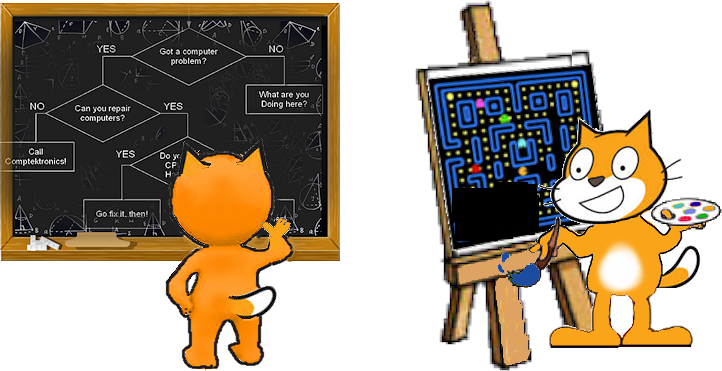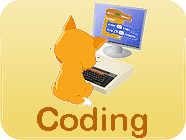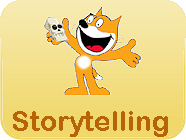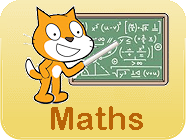
|
A revised ‘computing’ curriculum became statutory in September 2014, amongst its aims is ‘be able to analyse problems in computational terms,
and have repeated practical experience of writing computer programs in order to solve them’. It is referred to, in part,
as computer science but I can’t say I know what computer science is? I’ll happily go along with Humpty Dumpty ‘when I use a word,
it means just what I choose it to mean - neither more nor less.’ So that’s that settled.
There again I could borrow from Mississippi State University
|
 |
|
The word gaining usage in schools is coding sometimes programming. Perhaps to the purist there is a distinction as
Tom Fordham might have.
Some would have the distinction as programming is creating the logic, coding is translating that logic into code. The emphasis in schools
seems to be ‘coding’ but without using coding to find a solution to some problem (challenge) this to me seems rather pointless.
It’s painting by numbers. But to use code to do programming one must first learn the language that is used. It’s the problem solving aspect that I believe should be the emphasis in teaching.
|
|
But can programming, can it be defined, and how is it to be taught? A.J.Guttmann’s book could offer some clues and is certainly worth a read-especially if your interest lies in comparing Algol with Fortran. He notes ideas have changed considerably over the 'last decade' a remark which is still prevalent today as the nature of programming is still evolving as it passes through its fads. I tend to think today its more about splicing parts from various libraries and using code snippets then bare programming on a blank canvas. O if only scratch had cut and paste or backpack in the download version. |
|
If we can’t define it then what are we trying to teach and for why? In Reflections on Teaching of Programming by Jens Bennedsen, Mickael Caspersen and Michael Kölling the forward by
David Gries poses the question of how is programming taught. Having spent four terms of ‘coding’ with KS2 children I cannot answer any of the questions only make a few observations. The question I ask can anything of value come from these classes if it’s to impart the skill of programming because
Teaching programming skills to children is seen as a long-term solution to the “skills gap” between the number of technology jobs and the people qualified to fill them.
Or is it …giving them the thinking skills that will help them become proactive learners and citizens. Can't it be about getting the kids to write programmes?
This last blog mentions when Seymour Papert and the Logo movement took education by storm but the storm
fizzled out surviving in small pockets with aficionados – will this new computing go the same way, I’m betting maybe a five year life span.
|
|
|

|

|

|
